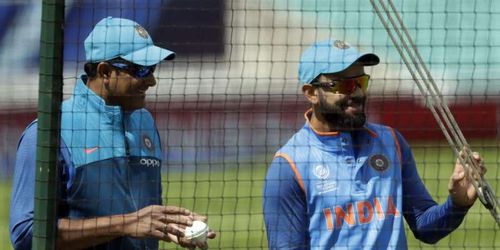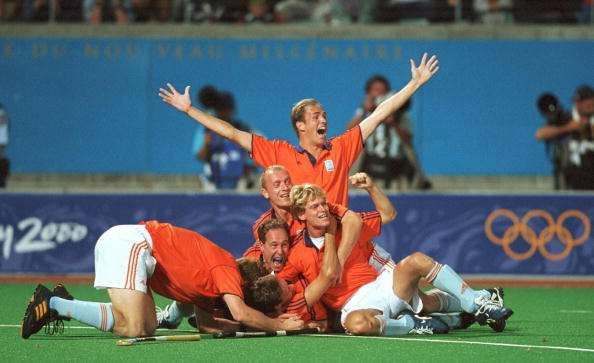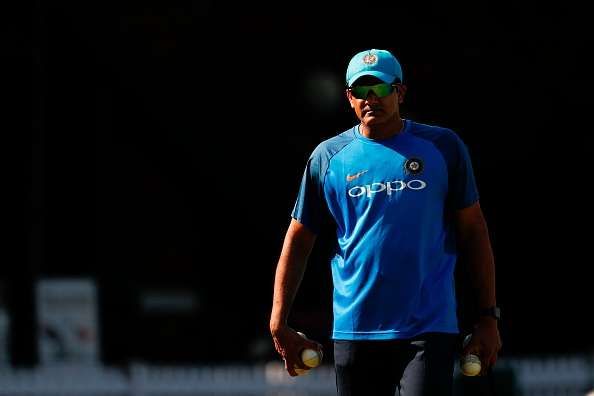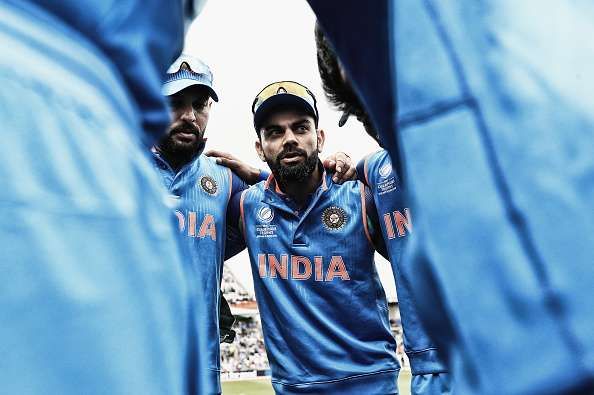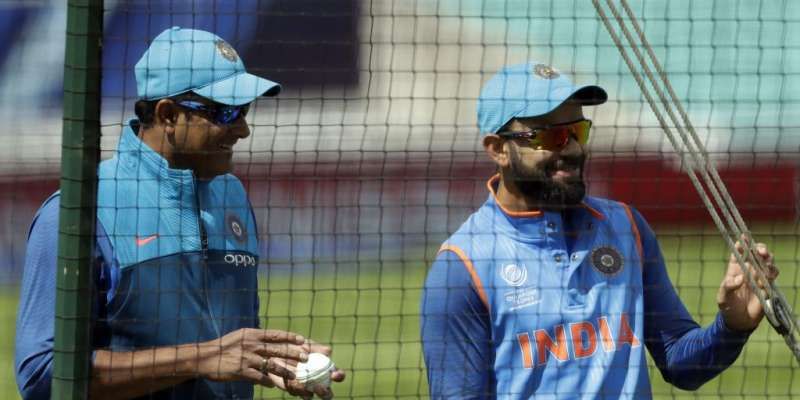
The Virat Kohli - Anil Kumble saga: No winner and no villain in this contest
Sourav Ganguly, once while talking about leadership, at IIM Calcutta said that what matters most for a captain is that he has the trust of his teammates. Trust is all that is needed to build a team. Ganguly and MS Dhoni were trusted by most of their teammates and coaches.
The pairings of Ganguly with John Wright and Dhoni with Gary Kirsten had their differences but at the end of it all, they trusted each other. They moved forward in the same direction and made their teams one of the best in the world. Virat Kohli and Anil Kumble, however, definitely didn't trust each other well enough.
One of them had to go to maintain the sanctity of the dressing room. And if both had stayed, we may have watched a Ganguly – Chappell episode all over again. And, thus, we need to applaud Anil Kumble for his gracious exit.
Many experts are saying that Kumble’s stepping down has set a bad precedent and in future, coaches will have to bow to the captain to save their job. But I beg to differ. This is not the first case of difference between coach and a player/captain tussle leading to stepping down of the coach.
Also read: Ajit Wadekar calls Indian team 'losers', slams Virat Kohli for immature approach
A case in point
The Dutch hockey team, in the 2000 Sydney Olympics, aspired to become the first team after India to win consecutive Olympic gold medals. The team was full of star players and they played flawless hockey. And there was every chance that they would make their dream come true but a defeat against Pakistan dealt a crushing blow to their dreams.
After that match, their only hope was that somehow Britain, sitting at the lowest rung, beat Germany who were comfortably sitting at the second place. While the game between Germany and Britain was on, things flared up between Dutch players and coach Maurits Hendriks.
The coach gave them an earful for the loss and blamed them for not following the strategy. Players were furious at verbal lashing and were further enraged by coach’s act of shifting all the blame to the players. But the story didn't end here, there was a twist in the tale.
Britain beat Germany and the Dutch sneaked into the semifinals on the basis of a better goal difference. From then on, players, led by their captain Stephen Veen, they sidelined Coach Hendriks and took it upon themselves to win the gold medal. Captain Veen saved his best for the final as he scored a hattrick to give Dutch the vaunted Gold medal. The writing was on the wall for Hendriks and he had to step down after the Sydney Olympics.
But none of the coaches after Hendriks bowed to Dutch players. This was one off incident and it didn't set a precedence. Similarly, the Kohli-Kumble spat won't set any precedence.
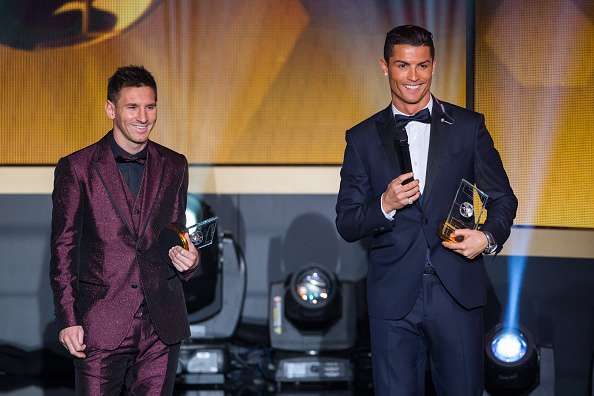
There are other examples of player power too. One of the reasons for the sacking of Jose Mourinho by Chelsea was that he reportedly lost the support of the dressing room. In football, players like Cristiano Ronaldo and Lionel Messi enjoy a veto power in the selection/rejection of managers and I see no wrong in it.
The captain and most importantly in Cricket is the most important cog of the team and his opinion regarding the coach has to be taken into account as his opinion not only represent his views but also that of the team. This doesn't mean that the coach has to bow down to the players. This is a simple scientific feedback mechanism that helps to improve the system.
Rather than making it a case of a captain/coach’s superiority, the BCCI should keep the progress of Team India as the priority. A captain is responsible for the environment in the dressing room and belief of the team. And his words about coach should always be taken into account while selecting or rejecting them.
A team unhappy with the manners/tactics of the coach will seldom win anything. The classic case of such failure was the 2007 ODI World Cup. India, under coach Greg Chappel,l sent its best team yet crashed out of the tournament in group stages.
And the reasons for India’s collapse in the tournament was as much off the field as it was on it. One of the reasons was that the players were not happy with Chappell. And the BCCI did well to move on from that episode as quickly as possible.
Also read: West Indies vs India, 2017: Is this even cricket?
Coming back to the point
In the Kohli-Kumble saga, there was a failure of man management from both sides and from the BCCI as well. The question here is not why Kumble stepped down but why a situation was allowed to reach to such a point that he had to step down. Amidst all this miscommunication, Indian cricket has lost one of its most esteemed servants.
India lost a coach, who, in the last one year, had helped improve the Indian bowling line up – especially fast bowling which was haywire before his arrival. His contribution in India's improved Test performance cannot be ignored as well. There is no winner in this contest and Kumble would surely be missed.
But at the end of it all, when we do an analysis of this, we must ask one simple question, "Does Virat Kohli enjoy the trust of the team?" If the answer is yes then there is no point in making an issue out of it. If the answer, however, is no, then the Indian team is in big big trouble because as Ganguly said, the trust of teammates is all that is needed to make a team.
We don't know what exactly transpired in the dressing room. We, however, certainly know that the two individuals in question are people with the highest credentials and with nothing but the betterment of Indian cricket in their mind.
Maybe they wanted different path leading to the same goal. The choice of the path may have created the difference but we cannot doubt their intentions and question their attitude because of it. Give them the benefit of doubt till the time the truth really comes out.
Leave the matter without painting any one of them as a villain. Anil Kumble and Virat Kohli have together made Team India stronger, let’s rejoice in that.
Also read: 5 players who can replace Yuvraj Singh in the Indian ODI team ahead of 2019 World Cup
